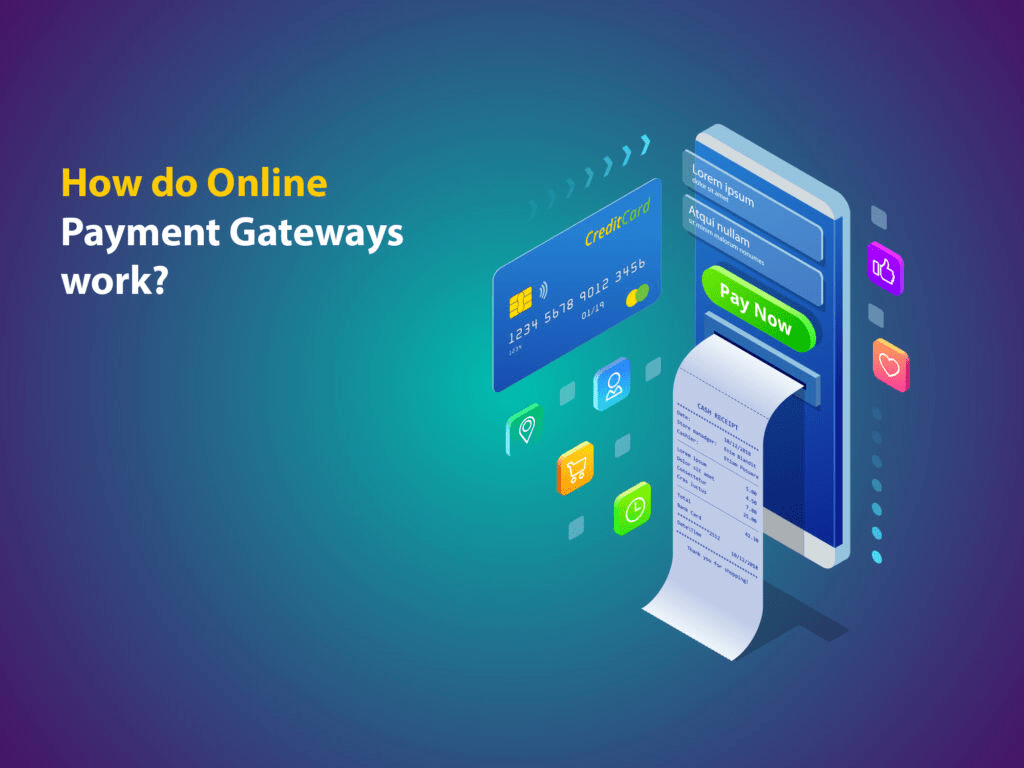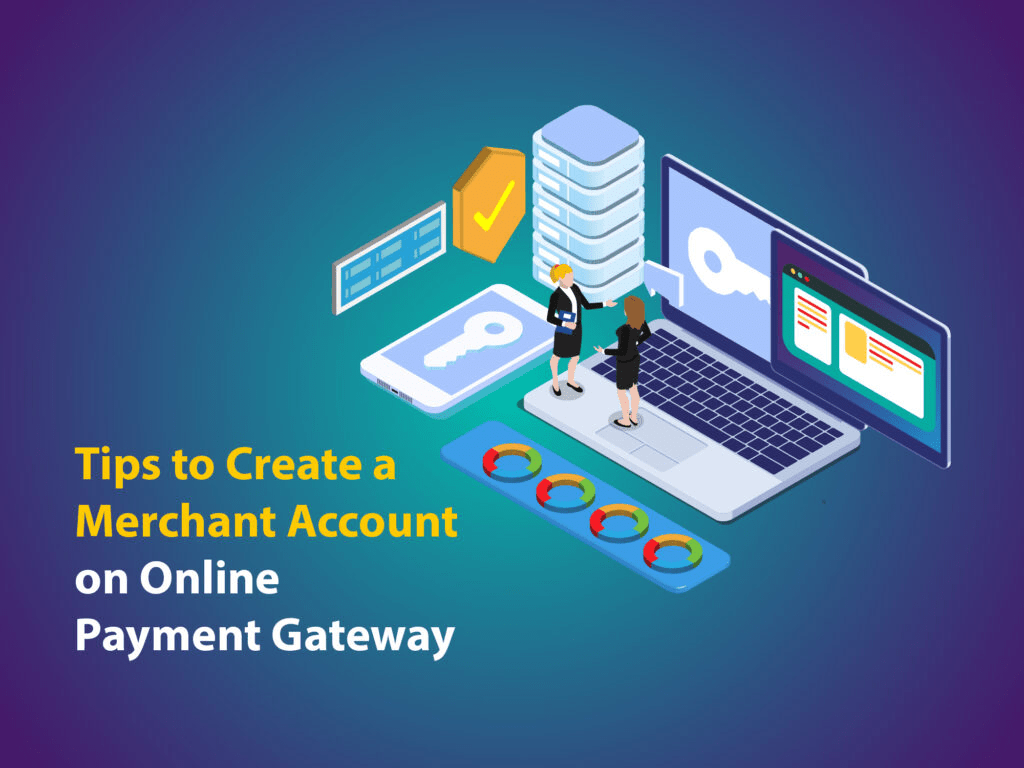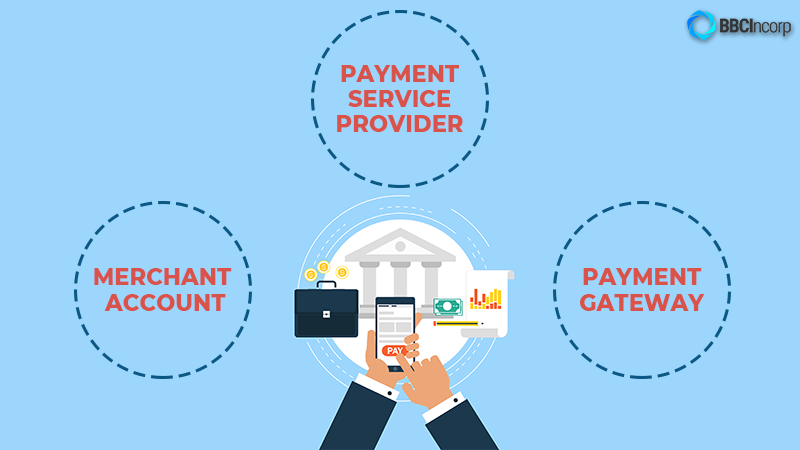AUTHOR : NOBITA NOBI
DATE : 3-11-23
In the ever-evolving landscape of e-commerce and digital transactions[1], having a reliable payment gateway and an online merchant account is paramount for businesses looking to thrive in the digital marketplace. This article explores the intricacies of payment gateways and online merchant accounts, shedding light on their significance, working mechanisms, and how they can benefit your business. Join us on this journey to demystify these essential components of online financial transactions.
Understanding the Basics
What is a Payment Gateway?
A payment gateway serves [2]as the vital bridge between an online store or e-commerce platform [3]and a financial institution, ensuring that transactions are conducted seamlessly and securely.[4] It enables the secure and smooth transfer of payment information[5] from the customer to the merchant’s acquiring bank.
Online Merchant Account
An online merchant account, often provided by a financial institution, is a specialized account that allows businesses to accept and process online payments. It serves as the digital counterpart of a traditional merchant account.
The Importance of a Payment Gateway and Online Merchant Account
In a digital world where convenience and security are paramount, having a payment gateway and online merchant account offers numerous advantages to businesses:
1. Enhanced Security
Payment gateways use encryption technology to protect sensitive customer data, reducing the risk of data breaches and fraud.
2. Global Reach
Online merchant accounts enable businesses to accept payments from customers worldwide, expanding their market reach.
3. Improved Customer Trust
Secure and seamless transactions enhance customer trust and satisfaction, encouraging repeat business.
4. Streamlined Payment Process
Payment gateways simplify the payment process, reducing cart abandonment rates and boosting conversion rates.
5. Real-time Transactions
Businesses can receive payments instantly, improving cash flow management[1].
How Payment Gateways Work
Payment gateways follow a series of steps to complete a transaction:

Step 1: Customer Payment
The customer initiates a payment by providing their payment details on the e-commerce website.
Step 2: Data Encryption
The payment information is encrypted [2]to safeguard it during transmission.
Step 3: Authorization Request
The encrypted data is sent to the payment gateway, which forwards an authorization request to the acquiring bank.
Step 4: Authorization and Payment
The acquiring bank verifies the transaction and communicates with the customer’s issuing bank for approval.
Step 5: Transaction Approval
If approved, the transaction proceeds, and the payment is transferred to the merchant’s account.
Step 6: Confirmation
Both the patron and the seller are promptly notified of the successful completion of the transaction, leaving no room for uncertainty in the digital financial[3] realm.
Setting Up a Payment Gateway and Online Merchant Account
To harness the benefits of these financial tools, businesses should follow these steps:

Step 1: Choose a Payment Gateway
Select a reliable payment gateway provider that aligns with your business needs.
Step 2: Apply for an Online Merchant Account
Contact a financial institution to apply for an online merchant account, ensuring that you meet their criteria.
Step 3: Integration
Integrate the payment gateway with your website or e-commerce[4] platform for seamless transactions.
Step 4: Testing
Conduct thorough testing to ensure that the payment gateway [5]works flawlessly.
Step 5: Go Live
Once testing is successful, you can start accepting online payments from customers.
Conclusion
In the fast-paced world of e-commerce, a payment gateway and an online merchant account are indispensable tools for businesses seeking to thrive. These tools offer security, convenience, and a broader customer reach, ensuring that your business can flourish in the digital age.
FAQs
1. Can I use any payment gateway with my online merchant account?
The compatibility of payment gateways with your online merchant account depends on your financial institution. Some may have specific partnerships or requirements.
2. What is the typical cost associated with setting up a payment gateway and online merchant account?
Costs can vary widely. Payment gateway fees may include setup, transaction, and monthly fees, while online merchant account fees may involve application, service, and transaction fees.
3. Are there any security concerns with using payment gateways?
Payment gateways prioritize[5] security through encryption and compliance with industry standards, but it’s essential to stay updated on security practices and regulations.
4. Can I accept international payments with an online merchant account?
Yes, most online merchant accounts support international transactions, allowing businesses to tap into a global customer base.
5. How can I choose the right payment gateway for my business?
To choose the right payment gateway, consider factors like your business’s size, industry, and the types of payments you wish to accept. Conducting in-depth research and conducting a meticulous side-by-side evaluation of various alternatives is the key to pinpointing the optimal solution tailored to your specific requirements.





